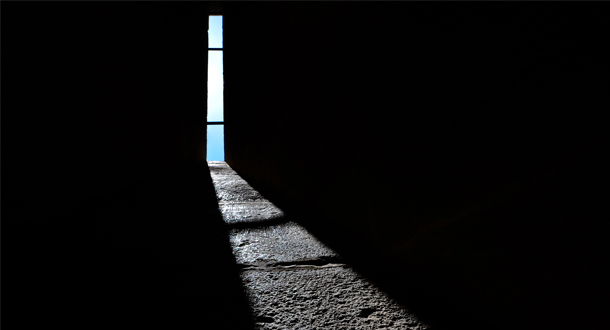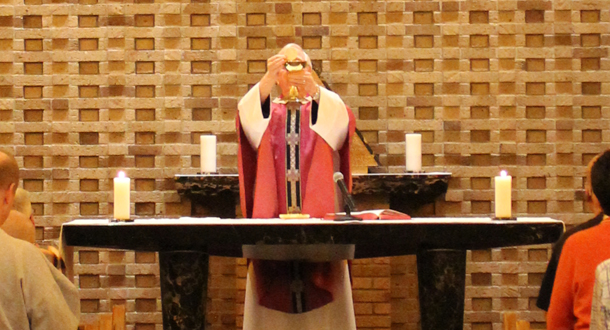
Memorial of Saints Basil the Great and Gregory Nazianzen, Bishops and Doctors of the Church
Scripture:
Reflection:
In the ancient world the great Kings or Emperors would often visit the provinces and to facilitate such visits the regional governor would make sure that the road for the king was smoothed out, repaired where needed, and in general ‘beautified’. The King would demand no less! While ancient roads were awful compared to our smooth routes of travel, comfort for the king and the creation of a good impression were paramount considerations.
To do any less might mean a demotion for the regional governor – or even worse consequences. So usually months in advance of the King’s visit one would see gangs or workers ferrying stone, levelling the road itself, repairing holes and strengthening bridges for the king and his entourage.
The great prophets understood this powerful image and used it to parallel the coming of a messiah and highlight the promise of the God to send a messiah. John the Baptist, the last of the prophets, draws on such common practice to speak of the arrival of the Lord.
In the context of his preaching John does seek to highlight concepts like power or privilege for Jesus however. Nor does he seek it for himself and indeed he must clarify for those coming to listen that he is not speaking of himself or claiming any rights – no, he is speaking clearly and uncompromisingly about the coming of Jesus.
In fact, John highlights his own unworthiness and his proclamation witnesses to his humility and position as the ‘herald’ or ‘forerunner’. His role is to announce the coming of the Lord, and to make his way clear – not in any physical sense, but by preparing the people for the advent of Jesus.
To achieve this John’s strategy was to initiate a reform movement in order to create a certain momentum of repentance. In this way, by leading people to a cleaning baptism in the Jordon, John was helping them to prepare their hearts so that the people might be ready to recognise and accept the Messiah who was soon to come. For indeed, Jesus would be a lowly, unassuming leader, a servant leader and any expectation of a powerful, political leader needed to be put aside. To adopt such a counter-cultural expectation one need to be spiritually ready. Thus the symbolic cleansing of past thoughts and actions and the embrace of a new beginning that was a hallmark of the baptism of John.
John is clearly and openly aware of his own focus on Jesus as the coming Messiah and he invites people to do the same.
This message of John is one for us today also. We, like the church itself, stand always in need of renewal and conversion. All this – in the words of the popular song – so that we might see the Lord more clearly, to embrace his message more deeply and to serve him and follow him more closely.
Let us be open, ready at every moment of our lives to recognise Jesus as he steps into our personal and communal world.
Fr. Denis Travers, C.P., is a member of Holy Spirit Province, Australia.


 Scripture:
Scripture: Scripture:
Scripture: Scripture:
Scripture: Scripture:
Scripture:
